The hike to the capital gains tax was never encoded into law, but the CRA wants you to pay it anyway
Get the latest from Tristin Hopper straight to your inbox
Published Jan 10, 2025 • Last updated 0 minutes ago • 5 minute read

TOP STORY
Article content
Article content
One of the side-effects of Prime Minister Justin Trudeau proroguing Parliament is that a whole bunch of contentious legislation might never see the light of day.
But Ottawa is still asking Canadians to pay up to $5 billion in new capital gains tax — even though the new tax hasn’t been encoded into Canadian law and may never be.
In a Wednesday statement, the Canadian Taxpayers Federation accused the Canada Revenue Agency of enforcing an “undemocratic” measure. “Taxation should only be based on laws duly passed by elected representatives and not assumptions by unelected, unaccountable bureaucrats,” said their general counsel, Devin Drover.
Advertisement 2
THIS CONTENT IS RESERVED FOR SUBSCRIBERS
Enjoy the latest local, national and international news.
- Exclusive articles by Conrad Black, Barbara Kay and others. Plus, special edition NP Platformed and First Reading newsletters and virtual events.
- Unlimited online access to National Post and 15 news sites with one account.
- National Post ePaper, an electronic replica of the print edition to view on any device, share and comment on.
- Daily puzzles including the New York Times Crossword.
- Support local journalism.
SUBSCRIBE FOR MORE ARTICLES
Enjoy the latest local, national and international news.
- Exclusive articles by Conrad Black, Barbara Kay and others. Plus, special edition NP Platformed and First Reading newsletters and virtual events.
- Unlimited online access to National Post and 15 news sites with one account.
- National Post ePaper, an electronic replica of the print edition to view on any device, share and comment on.
- Daily puzzles including the New York Times Crossword.
- Support local journalism.
REGISTER / SIGN IN TO UNLOCK MORE ARTICLES
Create an account or sign in to continue with your reading experience.
- Access articles from across Canada with one account.
- Share your thoughts and join the conversation in the comments.
- Enjoy additional articles per month.
- Get email updates from your favourite authors.
THIS ARTICLE IS FREE TO READ REGISTER TO UNLOCK.
Create an account or sign in to continue with your reading experience.
- Access articles from across Canada with one account
- Share your thoughts and join the conversation in the comments
- Enjoy additional articles per month
- Get email updates from your favourite authors
Article content
Dan Kelly, president of the Canadian Federation of Independent Businesses, described Canada as being stuck in a “ridiculous capital gains purgatory.”
In the last federal budget, then-finance minister Chrystia Freeland pledged to effectively hike Canadian capital gains taxes to one of the highest rates on earth.
A capital gain refers to the profit made by selling off an asset — such as a business or a building — at a higher rate than you paid for it. Buying a $1 million house and flipping it for $1.2 million, for instance, yields a capital gain of $200,000.
What Freeland pledged to do was to increase the share of capital gains that could be taxed, from 50 per cent to 66.67 per cent.
Recommended from Editorial
-

How does Canada define itself? 'We're not Americans,' Trudeau tells CNN
-

John Ivison: Crises caused by Trudeau and Trump are finally shaking our complacency
It immediately proved to be the most controversial plank of Freeland’s so-called “fairness” budget, with everyone from family doctors to tech entrepreneurs to former finance minister Bill Morneau warning of massive unintended consequences. According to one analysis by economist Jack Mintz, the tax hike risked spurring enough capital flight to impose a $90 billion hit to GDP.
By signing up you consent to receive the above newsletter from Postmedia Network Inc.
Article content
Advertisement 3
Article content
Taxes are not increased via federal budgets, however, and are typically introduced through a two-step process.
First, the feds pass a “ways and means motion” warning of pending changes to tax law. And then, they table the requisite legislation to actually encode the change into law (in the case of the capital gains hike, they need to amend Canada’s 1985 Income Tax Act).
In the case of the capital gains hike, the Trudeau government only did the first step; they passed a ways and means motion in June with NDP and Bloc Québécois support. But they never got around to actually putting these changes into a House of Commons bill. And even if they had — it would have been killed by prorogation anyway.
In a Wednesday notice, the Canada Revenue Agency acknowledged that the capital gains hike is still “subject to parliamentary approval,” but that they would be collecting it anyway in keeping with “standard practice.”
This isn’t all that unusual; the Canada Revenue Agency makes a point of tweaking its forms and procedures at the moment a tax change is written into a ways and means motion.
Advertisement 4
Article content
“Any change in taxation is effective the moment a Minister tables a notice of a ways and means motion. The implementing legislation may only be adopted months (or years) later, but the taxes are collected from the date of the notice,” reads a 2011 analysis in the Canadian Parliamentary Review.
It’s called the “provisional implementation of taxation,” and it’s generally something that both accountants and tax collectors agree upon, as it smooths out the process of tax filing without requiring costly resubmissions and reassessments as a tax bill moves through Parliament.
But in the case of the capital gains hike, the Canada Revenue Agency is effectively planning to collect billions of dollars in unapproved taxes, only for the money to be refunded if the Trudeau government ends up going down to defeat and the next government quashes the changes.
In a write-up for Chartered Professional Accountants Canada, tax expert John Oakey said he’s seen prior instances of taxes being thrown into limbo by the machinations of the House of Commons, but never like this.
“This is not the first time Parliament has been prorogued or dissolved with outstanding tax measures unresolved, but this is the first time in my career that I have seen this volume,” wrote Oakey.
Advertisement 5
Article content
According to an analysis by the Parliamentary Budget Officer, the hike is expected to impose $5 billion in extra taxes this year — money that will all end up being refunded if the capital gains hike never ends up becoming law.
Although it’s not mandatory to pay capital gains taxes at the unapproved higher rate, taxpayers are currently faced with two bad options.
They can listen to the CRA and pay at the higher rate, only to have it refunded after Parliament dissolves.
Or, they can ignore the CRA and pay at the prior tax rate. “Such taxpayers would not be wrong in their decision to do so — the Capital Gains Legislation is, after all, not currently the law,” reads a recent guidance by the law firm Dentons.
However, if the Trudeau government survives long enough to pass the necessary amendments to the Income Tax Act, the non-payers would be hit with bills for unpaid taxes, all of it hit with the CRA’s famously high interest charge for late payments.
IN OTHER NEWS
After years of feverish increases, rents in Canada are starting to go down. A new report by Rentals.ca found that “asking rents” went down by three per cent in 2024. This comes after some utterly soaring rent increases in 2022 (12.1 per cent) and 2023 (8.6 per cent), so rents are still pretty unaffordable. Still, this represents a rare instance of Canadian shelter costs actually seeming to get cheaper. Rentals.ca doesn’t speculate as to why this is happening, but it could be a reflection of federal curbs to immigration. Immigration has been at historic highs ever since the end of the COVID-19 pandemic, adding as many as 3,200 newcomers per day into a rental market that was already drumtight. But in recent months, the Trudeau government has stopped renewing visas in the hopes that between two and five million temporary migrants will leave voluntarily.
Advertisement 6
Article content
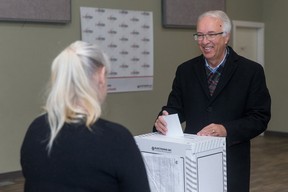
A CBC-commissioned poll finds that recent immigrants to Canada think that the country is bringing in too many immigrants. The poll, conducted by Pollara, surveyed people who had arrived in Canada within the last five years. While the vast majority reported liking it here, an incredible 82 per cent said the cost of living was too high, and 66 per cent said they would warn friends and family in their home country not to move here. This is almost the exact ratio of Canadians generally who said immigration is too high; an October survey by Leger found that 65 per cent of Canadians wanted immigration levels curbed. Pollara speculated that respondents felt “Canada has already accepted too many immigrants without enough infrastructure, housing, and job opportunities.”

Get all of these insights and more into your inbox by signing up for the First Reading newsletter here.
Article content
Get the latest from Tristin Hopper straight to your inbox
.png)
 3 hours ago
13
3 hours ago
13


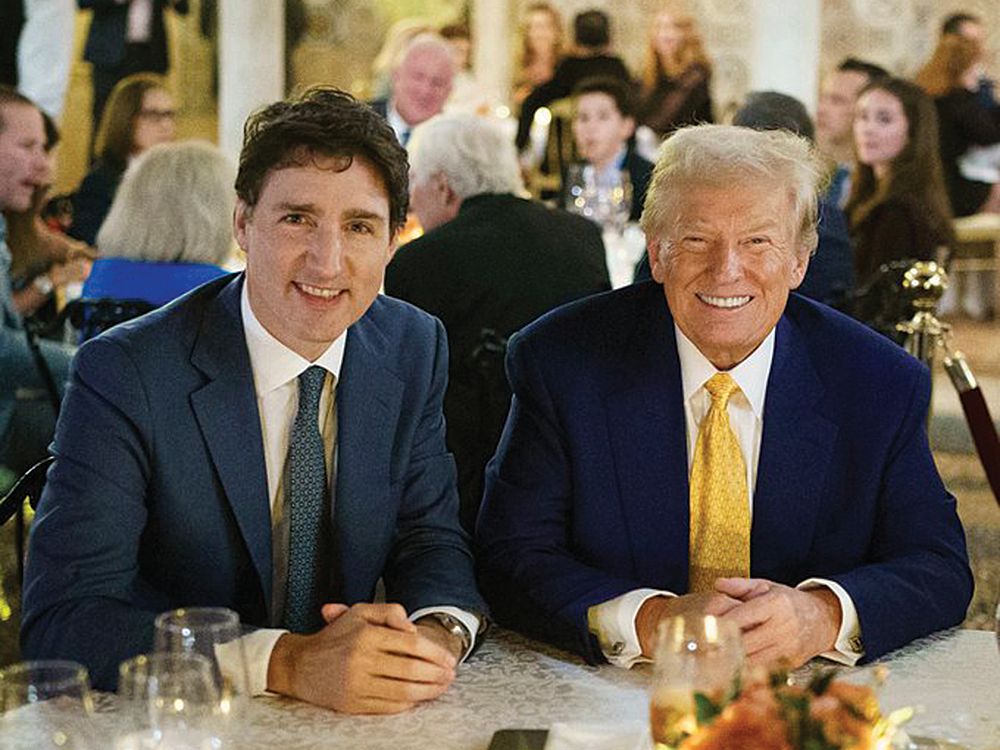

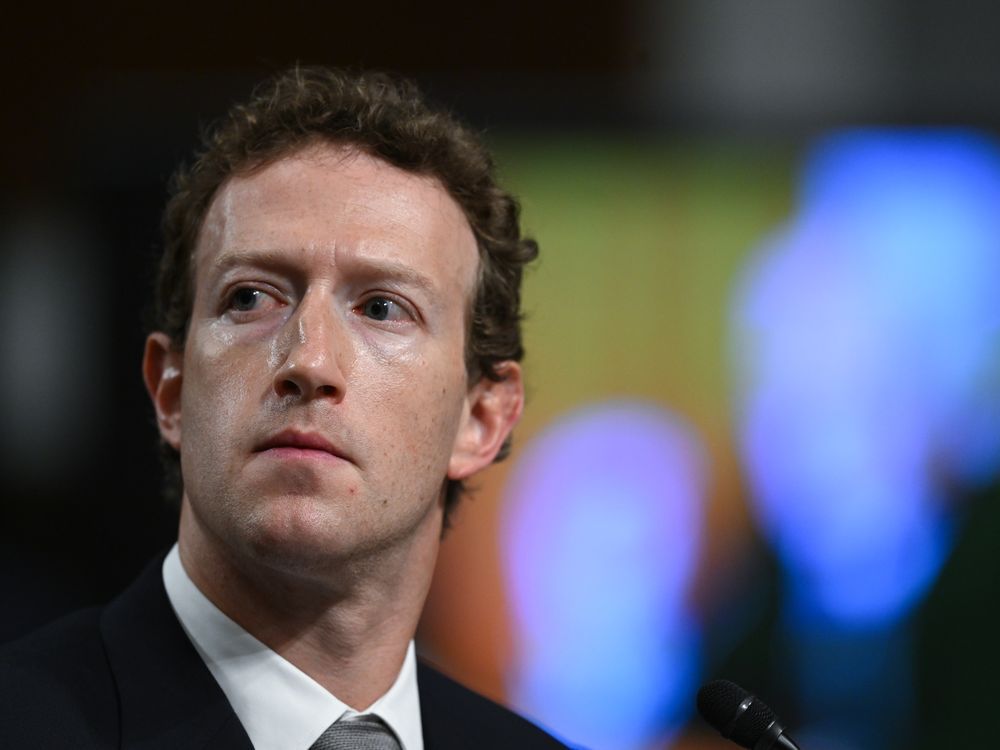




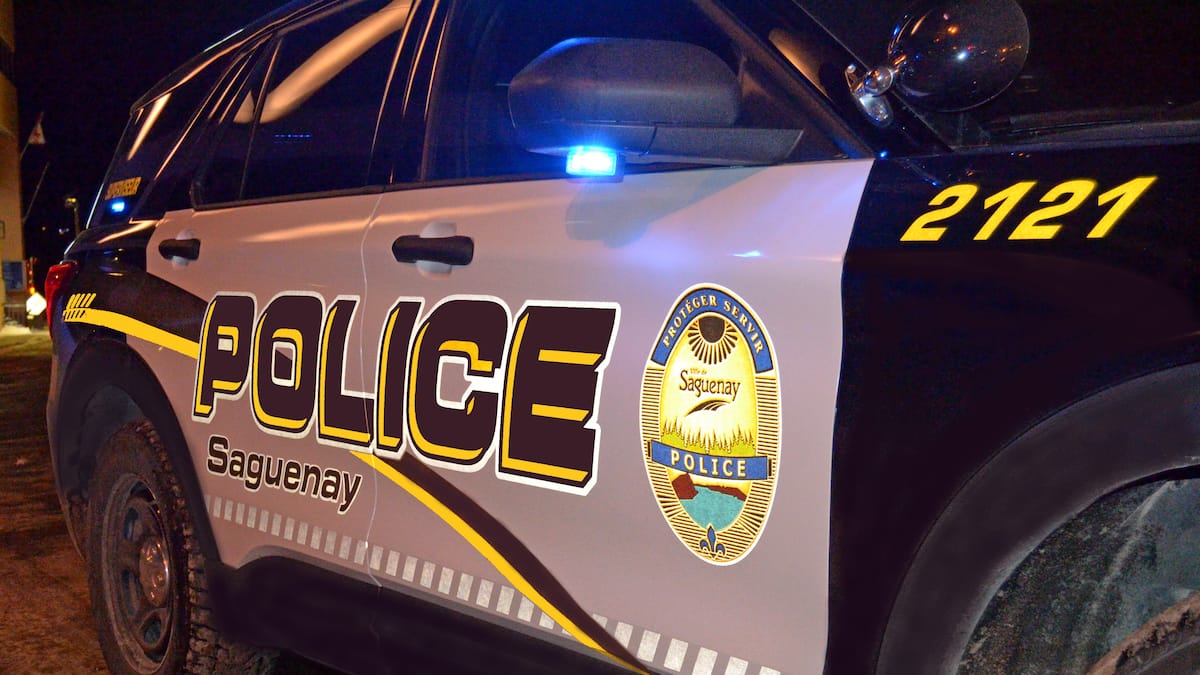


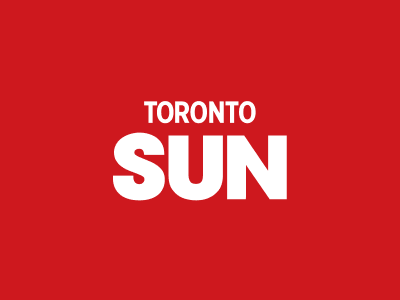























 Bengali (BD) ·
Bengali (BD) ·  English (US) ·
English (US) ·